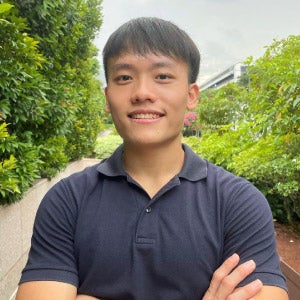Chemistry
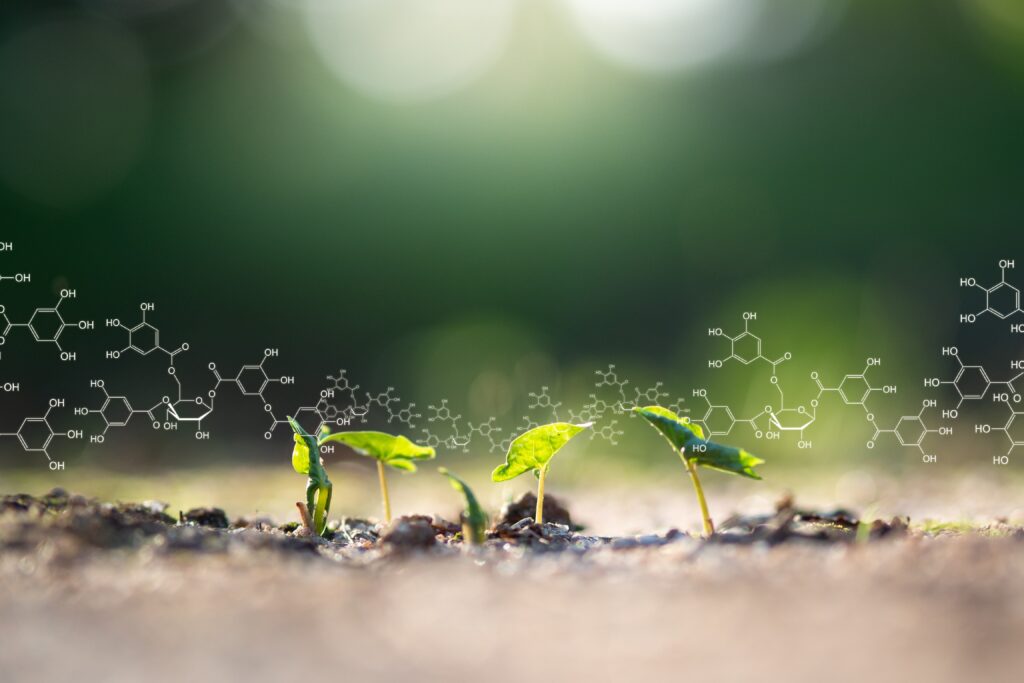

Prof LU Yixin
Head of Department
“We are committed to educate and transform next-generation chemists. Our cutting-edge research continues to solve pressing and important societal issues in Singapore and beyond, and our work has placed us on the global map.”
Shaping Future Talent
The Department of Chemistry welcomed our first cohort of undergraduate students under the College of Humanities and Sciences (CHS), which enhances the focus on interdisciplinarity by encouraging students to synthesise diverse knowledge for meaningful learning.

We saw the first batch of graduates from our Master of Science in Chemical Sciences programme, which commenced in August 2021, and prepares participants to work in the chemicals sectors. A good number of these students have secured employment in a challenging job market, a testament to the industrial relevance of our programme.
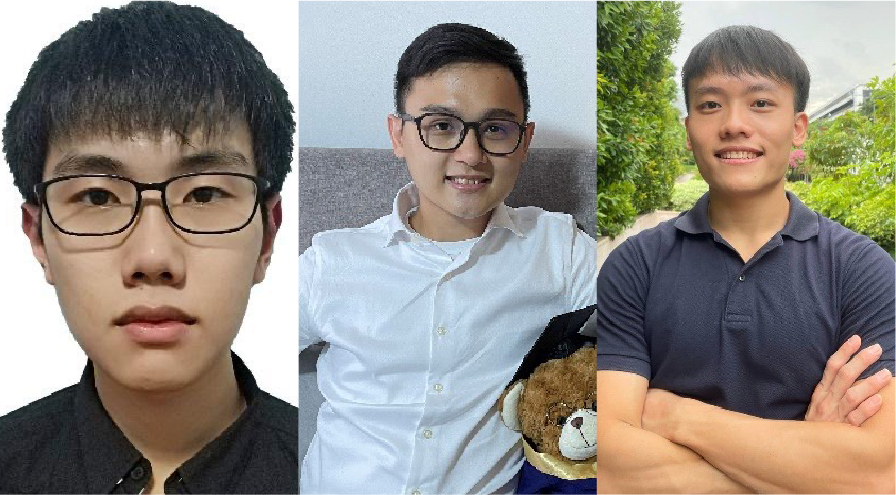
| Hong Guorong | Kee Jia Xuan | Jeremy Liang |
We set up the Ang Kok Peng Memorial Undergraduate Teaching Assistant Award in 2021 to recognise students who are passionate in teaching and play important supporting roles as teaching assistants. The inaugural awardees are HONG Guorong, KEE Jia Xuan, Moses TAN (not in picture) and Jeremy LIANG.
Shaping Future Solutions
Our research continues to advance discovery and yield insights on areas ranging from photonics to biochemistry and two-dimensional (2D) materials. For the year in review, we secured over $20 million in research funding and published over 400 papers in reputable journals.
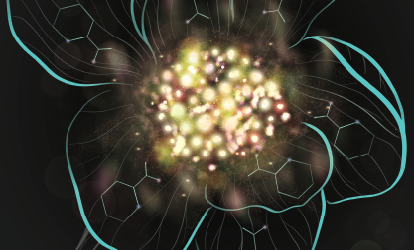
Upconverting nanocrystals for bioscience applications
Lanthanide-doped upconversion nanocrystals with a diameter of sub-10 nanometres opens up the potential for high-resolution, deep-tissue bioimaging. However, their photoluminescence is strongly quenched by surface defects and solvent molecules, and the quenching mechanism remains elusive. Quantum calculations by Prof LIU Xiaogang’s team suggest that the excited-state energies of lanthanide ions located on, or close to, nanocrystal surfaces are higher than that of interior lanthanides. In NaGdF4:Yb/Tm nanocrystals, four-photon upconversion was increased 11,000-fold by coordinating picolinic acid molecules. This led to new insights on the chemical bonding of 4f electrons and the design of highly luminescent organic-inorganic hybrid nanomaterials. This work was published in Nature Photonics (September 2021).
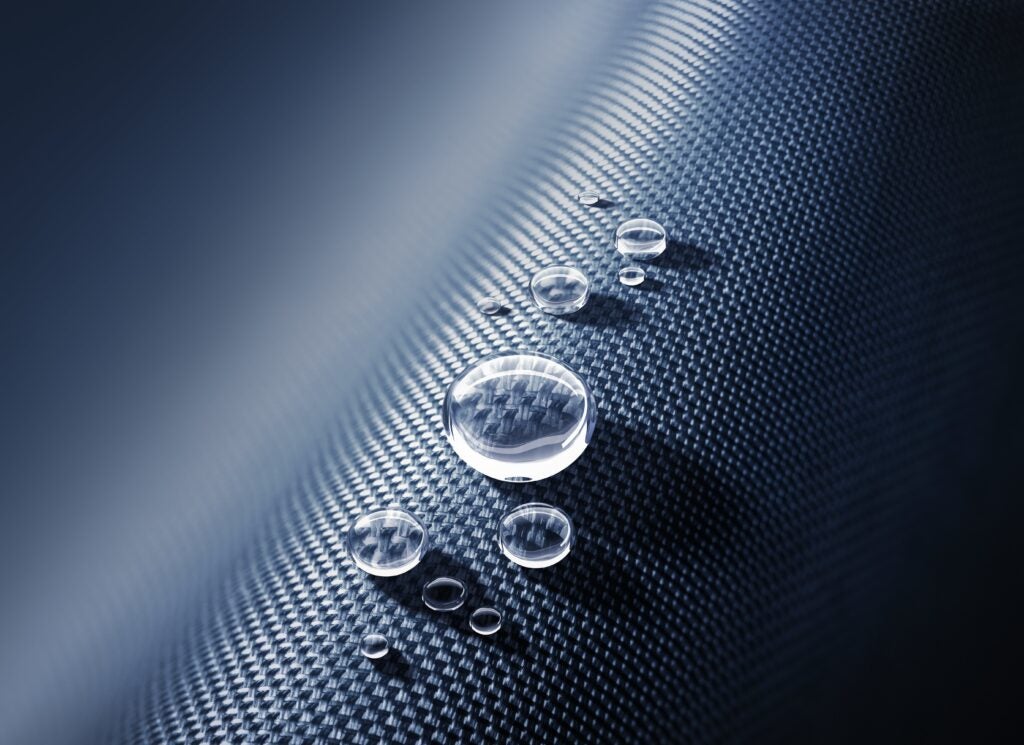
Game-changing technology for water confinement
Prof JIANG Donglin and PhD student TAN Ke Tian have realised water confinement in hydrophobic microporous materials. They successfully confined water molecules using their specially developed materials, known as hydrophobic crystalline microporous covalent organic frameworks (COFs), by entwining ‘pseudo-hydrophilic’ strips within a hydrophobic environment. The team further determined the pore size limit for the different topologies (trigonal, tetragonal and hexagonal channels) in realising water cluster-based adsorption. These COFs have diverse applications, including heat pump energy conversion, and water transport and separation. This work was published in Nature Communications (November 2021).
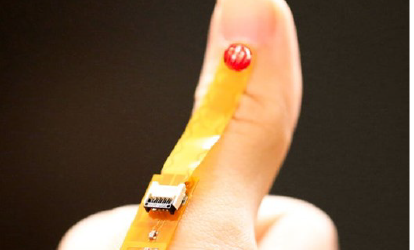
Wireless wound infection sensor
A research team led by Asst Prof LI Hao and Asst Prof John HO, College of Design and Engineering, developed a new wound infection sensor based on a customised deoxyribonucleic acid (DNA) hydrogel (DNAgel). This jelly-like hydrogel breaks down in the presence of deoxyribonuclease, an enzyme secreted by pathogenic bacteria such as Staphylococcus aureus. The breakdown of DNAgel is detected by a chip that wirelessly broadcasts the signal to a personal device such as a mobile phone. The team tested the DNAgel with wound swab cultures from 18 patients with diabetic foot ulcers, in collaboration with St Luke’s Hospital. This work was published in Science Advances (November 2021).
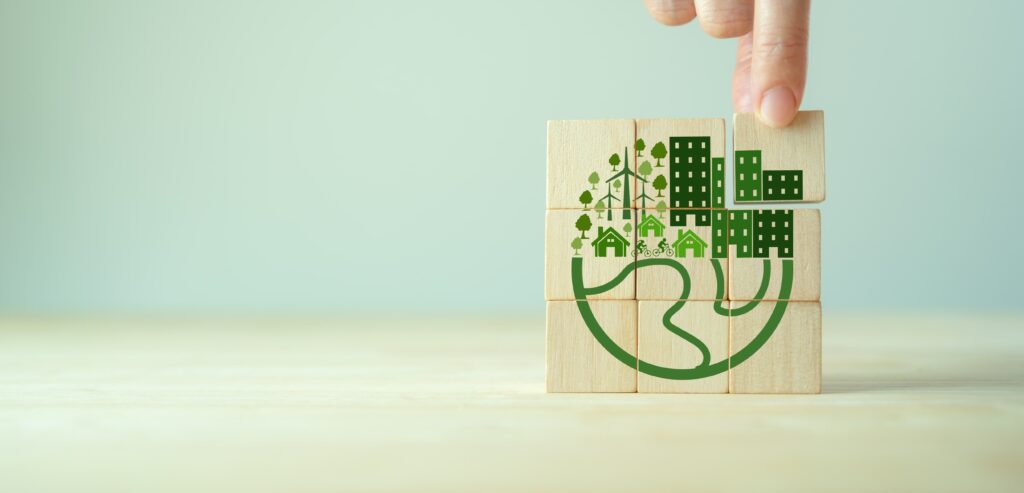
Under the NUS Flagship Green Energy Programme, several of our researchers have secured grants from funding agencies to pioneer low-carbon energy technologies. Our research supports Singapore’s long-term decarbonisation strategies for the power and industry sectors. For example, our scientists are looking to reduce energy requirements for producing important commodity chemicals using carbon dioxide and water as feedstock.
Shaping Future Society
We actively reach out to prospective talents through flagship initiatives such as the Singapore National Crystal Growing Challenge. The 15th run on 28 May 2022 drew over 300 students and teachers from secondary schools, junior colleges, polytechnics and the Institute of Technical Education (ITE) in Singapore, who attended to learn about the chemical processes behind crystal growing.
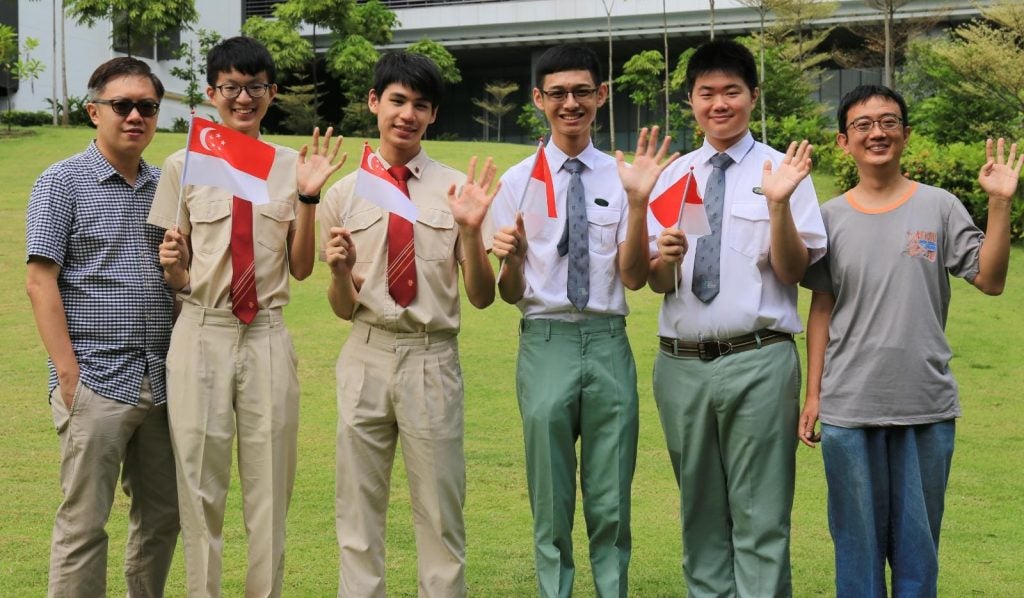
The Singapore team, led by Dr ZHANG Sheng and Dr TAN Wee Boon, clinched two Gold Medals and two Silver Medals in the 54th International Chemistry Olympiad in Tianjin, China, placing Singapore sixth among 84 participating countries.
From addressing topical issues like sustainability to cutting-edge research in computational chemistry, our alumni actively contribute to diverse initiatives that benefit business and society.
Our students continue to do Singapore proud through achievements beyond education and research, including sporting excellence.
